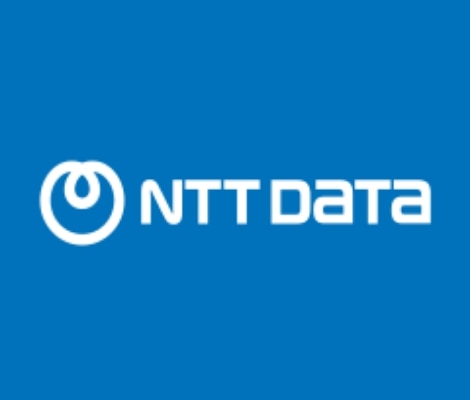
A new study conducted by NTT DATA, a global leader in IT and business solutions, reveals that healthcare organizations are facing significant challenges in aligning their generative AI (GenAI) strategies with broader business goals. The findings highlight a noticeable disconnect between the aspirations and the operational realities of digital transformation within the healthcare industry.
According to the research, over 80% of healthcare leaders reported having a well-defined GenAI strategy in place. However, only 40% of those surveyed felt that their GenAI strategy is strongly aligned with their organization’s overall business strategy. This misalignment suggests a strategic fragmentation that may hinder the effective implementation and scalability of AI initiatives in healthcare settings.
Moreover, just 54% of these organizations characterized their GenAI capabilities as high performing. This indicates a gap between strategic intent and execution, revealing shortcomings in either technological integration, data infrastructure, or workforce skillsets needed to fully leverage AI tools.
The report underscores the importance of not only establishing forward-thinking AI strategies but ensuring they are integrated into the broader business objectives, including patient outcomes, operational efficiency, and regulatory compliance. As the healthcare industry increasingly turns to advanced technologies to meet complex demands, the ability to bridge the divide between innovation and strategic application will be critical.
NTT DATA’s findings serve as a call to action for healthcare executives to revisit and synchronize their AI roadmaps with their core business goals to fully realize the potential of generative AI technologies in delivering transformative impact across the sector.
Source: https:// – Courtesy of the original publisher.








